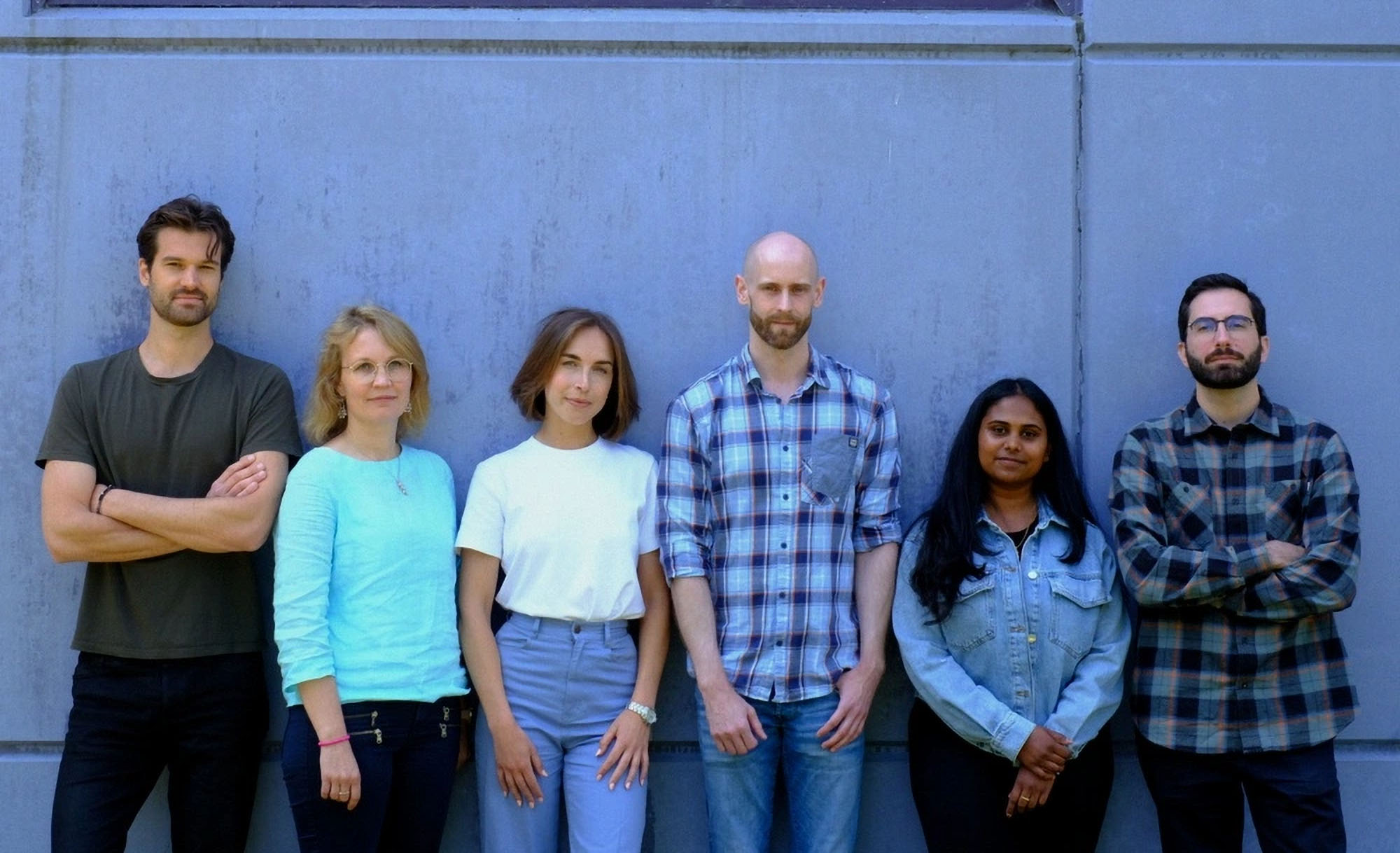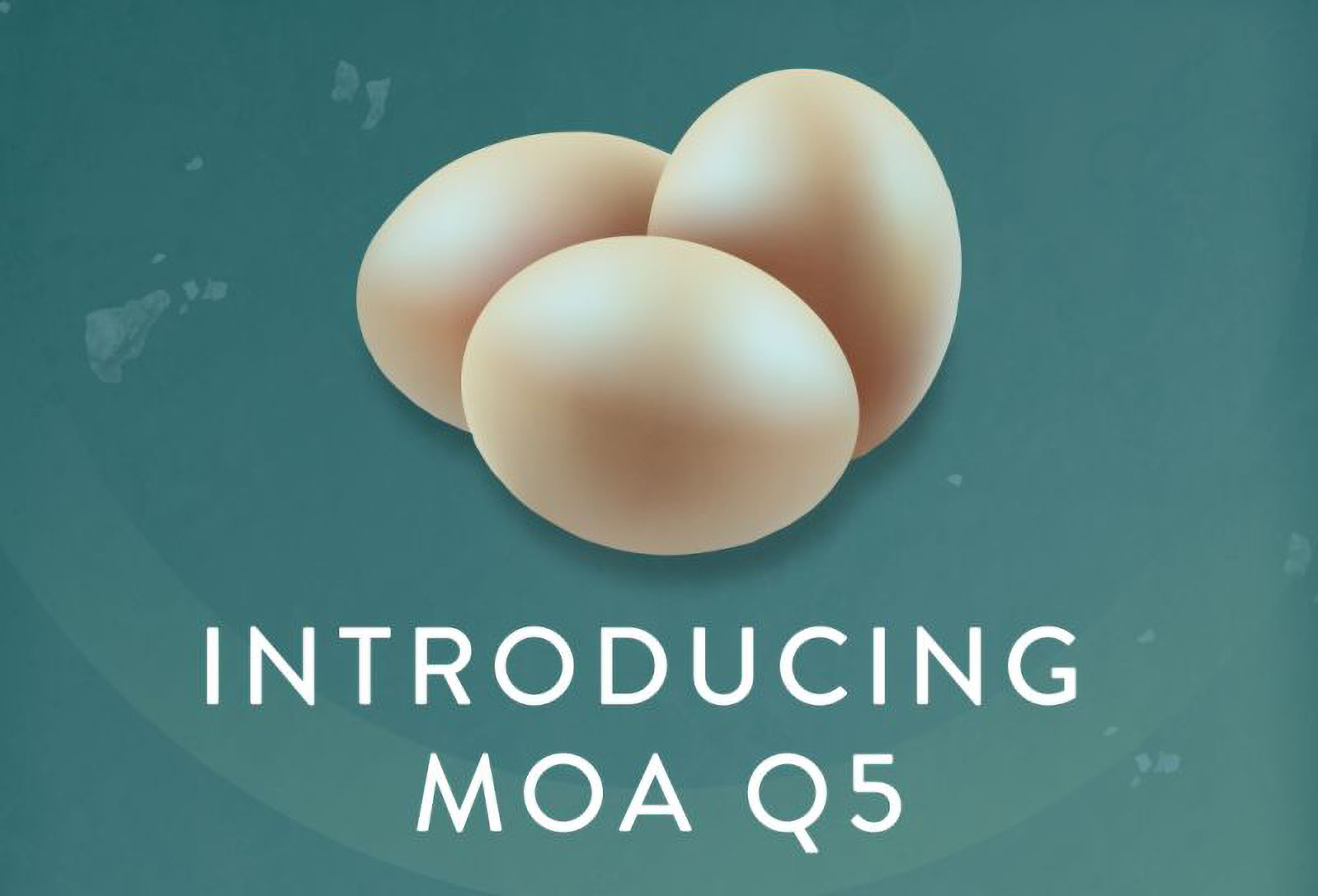

Foodvalley launches UPcycled4Food initiative to accelerate circular food transition
Foodvalley has launched the UPcycled4Food initiative, a program designed to make upcycled ingredients and products a mainstream part of the food system. Announced on 1 September in Wageningen, the initiative is funded by the Laudes Foundation and will focus on guiding retailers, food service providers, and manufacturers toward sourcing and selling more upcycled foods.
The goal is to reduce food loss and waste while advancing the shift toward a circular food economy. Although upcycling has gained visibility in recent years, the sector has faced challenges in scaling solutions beyond niche applications. Foodvalley sees UPcycled4Food as a way to build demand and provide clarity for the buyers who ultimately determine what reaches consumers.
“By collaborating in a pre-competitive way across the entire value chain, we can address the biggest barrier to advancing upcycled food innovations: the lack of a clear value proposition for retailers and food service providers,” commented Caroline Duivenvoorden, Programme Manager Circular Agrifood at Foodvalley. “We’re excited to change that, helping make circular solutions more accessible, scalable, and mainstream for key players across the agrifood system.”
The ambition for UPcycled4Food was first presented in June 2024 at the Halving Food Waste in Europe conference. Since then, the project has gained support across the food value chain, including retailers, food service companies, manufacturers, and innovators from Foodvalley’s Upcycling Community. That engagement has helped lay the groundwork for an initiative that is designed to cut across traditional silos and encourage collaboration on shared goals.
The program is structured in two phases. The first phase will focus on two product categories where upcycling opportunities are considered particularly strong: bakery and confectionery, and meat and dairy alternatives. Foodvalley and its partners will develop example products in each category that combine both upcycled and conventional ingredients. These products will not be intended for commercial sale but will serve as reference points to illustrate what is possible and to create a neutral standard for comparison.
In the second phase, those example products will be used to conduct impact assessments, measuring their performance in terms of sustainability, health, and economic outcomes. The assessments will allow stakeholders to evaluate how upcycled options stack up against conventional products and where they can create the most value. For retailers, this framework will provide a trusted baseline for deciding where upcycled products belong on store shelves and how they fit within broader sustainability strategies.
By grounding the concept of upcycled food in realistic scenarios and data-driven evaluations, Foodvalley hopes to provide clarity in an area that has often lacked standardization. For manufacturers and food service providers, the initiative is expected to reduce uncertainty around the business case for using upcycled ingredients. For consumers, it could ultimately mean more credible, accessible choices that help reduce waste without compromising quality or price.
The initiative’s emphasis on collaboration reflects Foodvalley’s broader approach to circular agrifood innovation. By bringing together diverse stakeholders in a pre-competitive environment, the organization aims to tackle barriers that individual companies cannot overcome alone. In the case of upcycled foods, the absence of clear metrics and agreed value propositions has been a major obstacle to broader adoption. UPcycled4Food seeks to fill that gap.
Caroline Duivenvoorden noted that the project is open to new partners. “We welcome partners who are interested in contributing to the first phase of the UPcycled4Food initiative, as well as those who can play a key role in enabling or supporting phase 2, where the real impact of representative upcycled food products will be demonstrated and validated,” she said.
The launch builds on growing momentum for circular food solutions in Europe and beyond. Upcycling is increasingly seen as a way to extract more value from agricultural side streams and surplus ingredients, reducing environmental impact while creating new revenue streams. However, scaling such approaches requires alignment across the supply chain. By targeting retailers and food service providers – two of the most influential gatekeepers in the system – Foodvalley hopes to create the demand signals needed to unlock investment and innovation upstream.
For Laudes Foundation, which is providing financial support, the initiative aligns with its mission to promote climate-positive and inclusive economies. By funding UPcycled4Food, the foundation is backing a model that could help accelerate systemic change in food production and consumption.
While still in its early stages, the initiative has already attracted broad-based interest. The next steps will involve finalizing the example product concepts and beginning the process of building reference recipes. From there, the impact assessments in phase two are expected to provide tangible benchmarks that can help normalize the inclusion of upcycled ingredients in mainstream products.
Foodvalley describes the ultimate aim as making upcycled foods 'the new normal'. If successful, UPcycled4Food could help shift the perception of upcycling from a niche sustainability measure to a standard business practice – one that reduces waste, lowers environmental impacts, and contributes to a more circular food system.
If you have any questions or would like to get in touch with us, please email info@futureofproteinproduction.com






